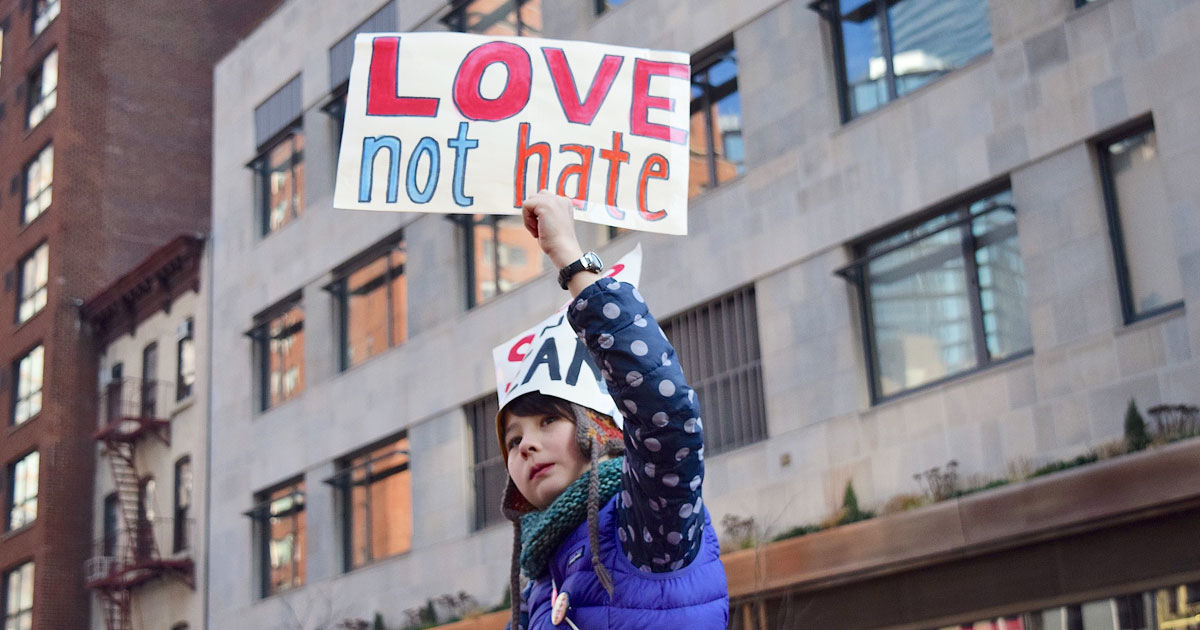On January 21, 2017, millions of people came together for the Women's March on Washington and its sister marches across the United States and around the globe. Not only has the Women's March claimed fame as the largest protest in U.S. history, but it also garnered support in all seven continents.
All seven. Including Antarctica.
It was empowering. It was peaceful. Heck, it was even funny.
Women and men of diverse ages and ethnicities rallied together with comic signs: Now you've pissed off Grandma. What Meryl said. My arms are tired from holding this sign from the 1960s.
And yet, the march is getting a lot of flak.
As I've scrolled through my newsfeed these past few days, I've seen photos of friends holding posters in D.C., New York City, Alberta ... but I've also seen opposition. A fellow female posted: "They're accomplishing nothing!"
Well, shit.
I thought we were all in this together.
In his Op-Ed, "After the Women's March," The New York Times' David Brooks notes that change most often happens through political parties, rather than grass-roots movements:
"Without the discipline of party politics, social movements devolve into mere feeling, especially in our age of expressive individualism. People march and feel good and think they have accomplished something. They have a social experience with a lot of people and fool themselves into thinking they are members of a coherent and demanding community. Such movements descend to the language of mass therapy."
Brooks likens the marches to "identity politics" and claims that it's "too small for this moment," largely because its categories don't explain what's going on. Sure, women in the U.S. are pissed. But not all women. Actually, according to the polls, Trump carried the majority of white women.
As it turns out, we're not all in this together.
But some of us are. Millions of us, actually.
If what Brooks says is true—that political parties have more sway when it comes to social change—then, at the very least, the Women's March protested the current state of politics.
At the very least.
Neither political parties nor social movements can accomplish all that much in a single day. Whether it's initiating a new policy or participating in an iconic historical moment, social change is a slow burn.
The Women's March was the product of disgust and discontent that built throughout the election process. It is, by no means, an end product.
As President Donald Trump enters his first 100 days in office, the Women's March on Washington campaign is launching a new campaign: 10 Actions for the First 100 Days. The first action? Write a letter to your senators. Tell them what matters to you and how you're going to continue to fight for it in the days, weeks and months ahead.
The Women's March garnered international attention, gave a voice to those marginalized, and empowered a community of individuals stepping up to be leaders in society.
To quote Michelle Obama: "When they go low, we go high."
Written by Cassie Westrate, staff writer for West Michigan Woman magazine.
The opinions of our blog contributors are their own, and West Michigan Woman—while not necessarily agreeing with all opinions—appreciates giving readers (and our staff) a voice. Is there something you'd like to write about? Contact [email protected] with your ideas.




